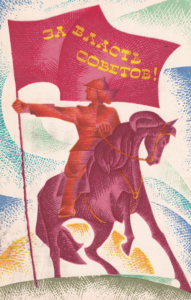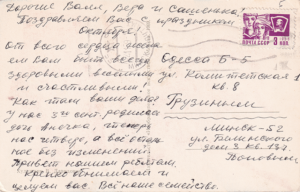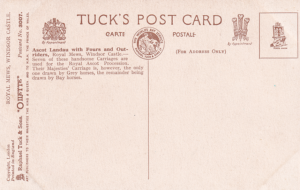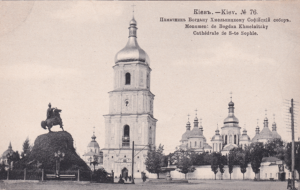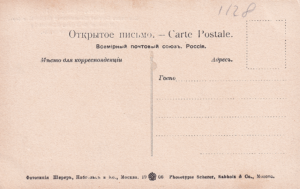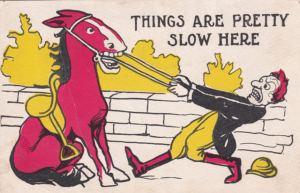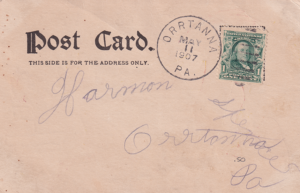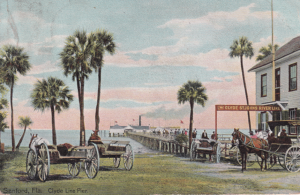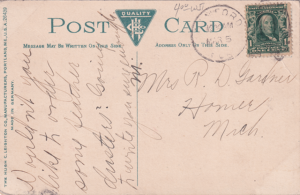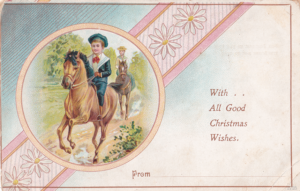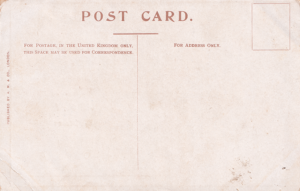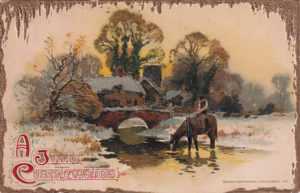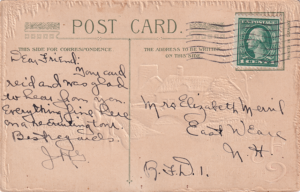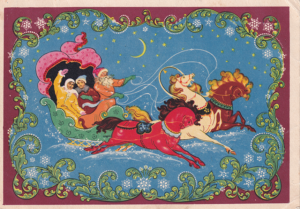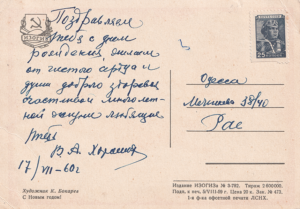Role in Islamic history a purebred Arab mare.
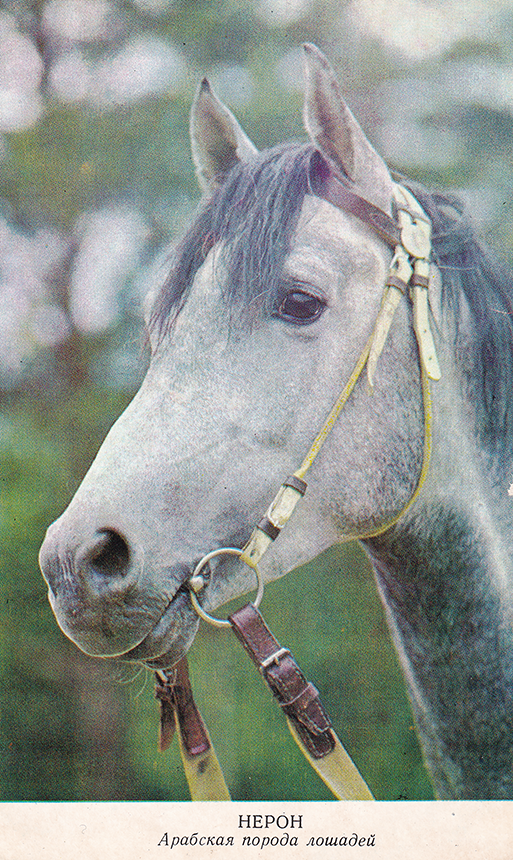
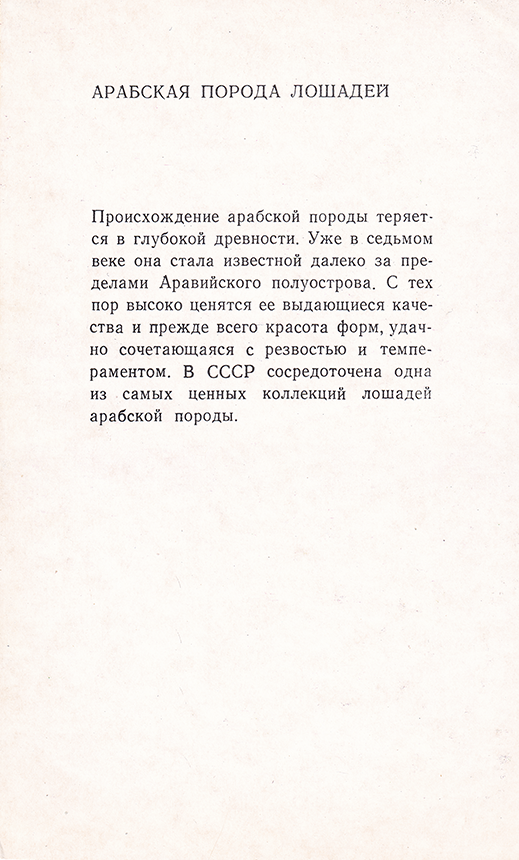
Reverse side of the postcard.
More information
Role in Islamic history a purebred Arab mare.
It played a significant role in the History of the Middle East and of Islam. By 630, Muslim influence expanded across the Middle East and North Africa, by 711 Muslim warriors had reached Spain, and they controlled most of the Iberian Peninsula by 720. Their war horses were of various oriental types, including both Arabians and the Barb horse of North Africa.
Arabian horses also spread to the rest of the world via the Ottoman Empire, which rose in 1299. Though it never fully dominated the heart of the Arabian Peninsula, this Turkish empire obtained many Arabian horses through trade, diplomacy and war. The Ottomans encouraged formation of private stud farms in order to ensure a supply of cavalry horses, and Ottoman nobles, such as Muhammad Ali of Egypt also collected pure, desert-bred Arabian horses.
El Naseri, or Al-Nasir Muhammad, Sultan of Egypt (1290–1342) imported and bred numerous Arabians in Egypt. A stud farm record was made of his purchases describing many of the horses as well as their abilities, and was deposited in his library, becoming a source for later study. Through the Ottomans, Arabian horses were often sold, traded, or given as diplomatic gifts to Europeans and, later, to Americans.
Object data
Title
Role in Islamic history a purebred Arab mare.
Artist
L. Zdanova.
Founder
"Planeta" publishing house, Moscow.
Date
1972.
Culture
USSR.
Classification
Postcard.

